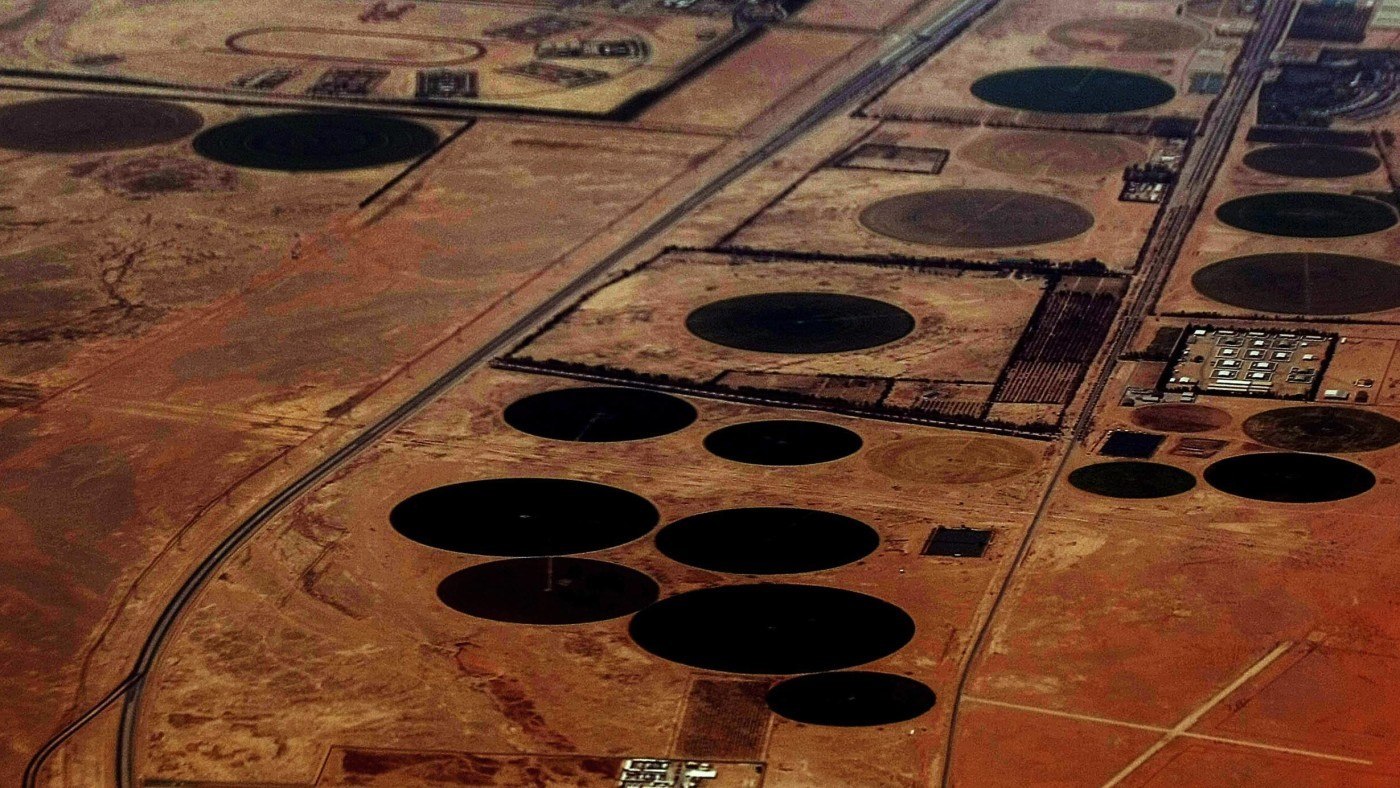Saudi Arabia’s policy of low oil prices is, as I have argued for a while now, primarily geopolitical in its aims of countering Iran and Russia. The Saudi elite is obsessed with denying Iran the leadership of the Muslim world, and the US rapprochement with Tehran is deepening their sense of encirclement. Russia, by shoring up the Assad regime in Syria, puts itself in the Saudis’ crosshairs. In as far as the Saudis aim to influence the oil market, it is likely that it is not the market itself that motivates them, but rather reminding the US of their power in this regard, and therefore the wisdom of maintaining Saudi Arabia as its leading ally in the Gulf region.
Russia is under great pressure, but is not responding as the Saudis would hope. Today, in response to plummeting oil prices, the ruble crossed 85:$1. Since average production costs in Russia re about $15/barrel, and tax on oil production is the main source of state revenues, it is a bleak period for Russia’s economy. And like Iran – which has in the last few days returned to the formal oil market – its response is to pump as many barrels as possible, which creates a feedback loop of rising supply and falling prices.
The problem for the Saudis is that since oil prices have started their descent Russian support for Syria has developed from arms and intelligence to direct military intervention. Iran, as well, is unrepentant, and much encouraged by its engagement with the US. Coupled with a rather hopeless military adventure in Yemen and rising provocations to Saudi’s own Shia population, the overall picture cannot be encouraging for the Saudis.
The Russian episode described below both illustrates the reasoning behind Riyadh’s policy and its lack of success thus far.
The Saudi approach to Russia
On 17th June 2015 Mohammed bin Salman (MbS) – the Saudi defence minister and de facto Crown Prince – visited St Petersburg to meet Putin. He reportedly proposed a Saudi-Russian project of restricting oil output in order to ‘rebalance the market’. The Saudi oil minister, Ali al-Naimi, had made similar overtures to the Russians in March and April, but was rebuffed.
MbS is thought to have offered Putin a joint policy of depressing production without reference to OPEC. This would of course have been a salvation for Russia’s ailing economy. If that sounded too good to be true, however, it was: the Saudis wanted this to be conditional on reaching a ‘common understanding’ on Syria. But really this was a threat wrapped up in an offer: do what we want in Syria or we keep applying pressure to your windpipe; there is little doubt that a ‘common understanding’ would have meant withdrawal of military and intelligence support for Assad, a key Iranian ally.
Putin declined the offer and it is easy with hindsight to see why. Just three-and-a-half months later on 30th September the Russia’s direct military intervention in Syria started. In mid-June this would have been decided in principal and it is likely that the Russian armed forces were already preparing themselves. By making explicit the aims of Saudi oil policy and inviting him to back down, MbS seems to have overlooked Putin’s most prominent character trait – he won’t back down.
An assessment of the low oil prices policy
Whether or not Saudi Arabia’s audacious oil policy is working or not is very hard to say. On the political front the Russians and Iranians appear unphased. In the energy markets there has been a retrenchment in high-cost production and a deterrent to investment in future production; just today the FT reported that over a dozen idled North Sea oilrigs have been quietly parked in Cromarty Firth, while IHS reckons that $1.8tn of upstream investment has been deferred or cancelled. US banks and non-financial lenders are exposed to billions in credit to shale producers that are now threatened with insolvency. With the Saudis signaling that their policy is not about to reverse, it seems that they are determined not to blink first.
On the debit side for Saudi Arabia, the policy is wreaking havoc on its state budget and financial reserves. In 2015 the state ran a deficit of nearly $98bn, or 15%/GDP, with billions depleted from financial reserves. In December massive cuts to state consumer subsidies were announced, as well as the imposition of VAT. In a state whose social contract provides for autocracy in exchange for generous welfare provisions, this carries considerable risks for internal stability.
So while Saudi Arabia’s objectives of reining in their regional adversaries have not yet been achieved yet, the country’s leaders are plainly in for the long haul. Iran and Russia may yet relent, and equally rival production may fall away, leaving Saudi to harvest high prices and repair its state finances.
What next?
All of this is close to imponderable, but there are several important points to consider. First, in doing this, Saudi Arabia is courting domestic chaos, both from alienated Shia and from the radicalization of the majority Sunni population. Second, there is a limit to how long Saudi can tolerate such low prices. Even with reform and austerity, it is hard to see how the country’s finances could weather another two years, for example. And third, under the influence of MbS, Riyad’s policy is increasingly mercurial. Saudi sources report that the existing checks and balances offered by the tribal system and shura councils are withering in the face of MbS’ domination of policy making.
In other words, there are internal limits to on the duration of the low prices policy, and in any case it could be reversed with little or no warning. Assuming we are in for a decade of $20 dollar oil is as myopic as assuming $80 oil was here to stay.


